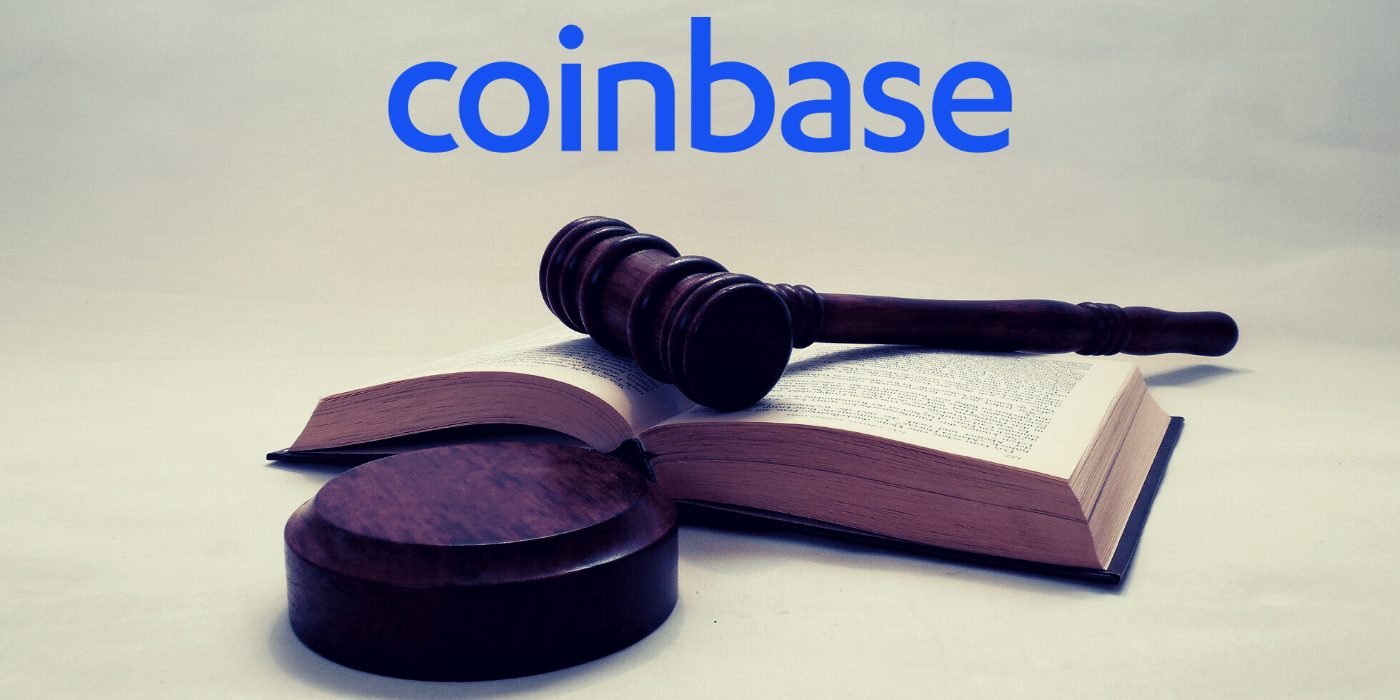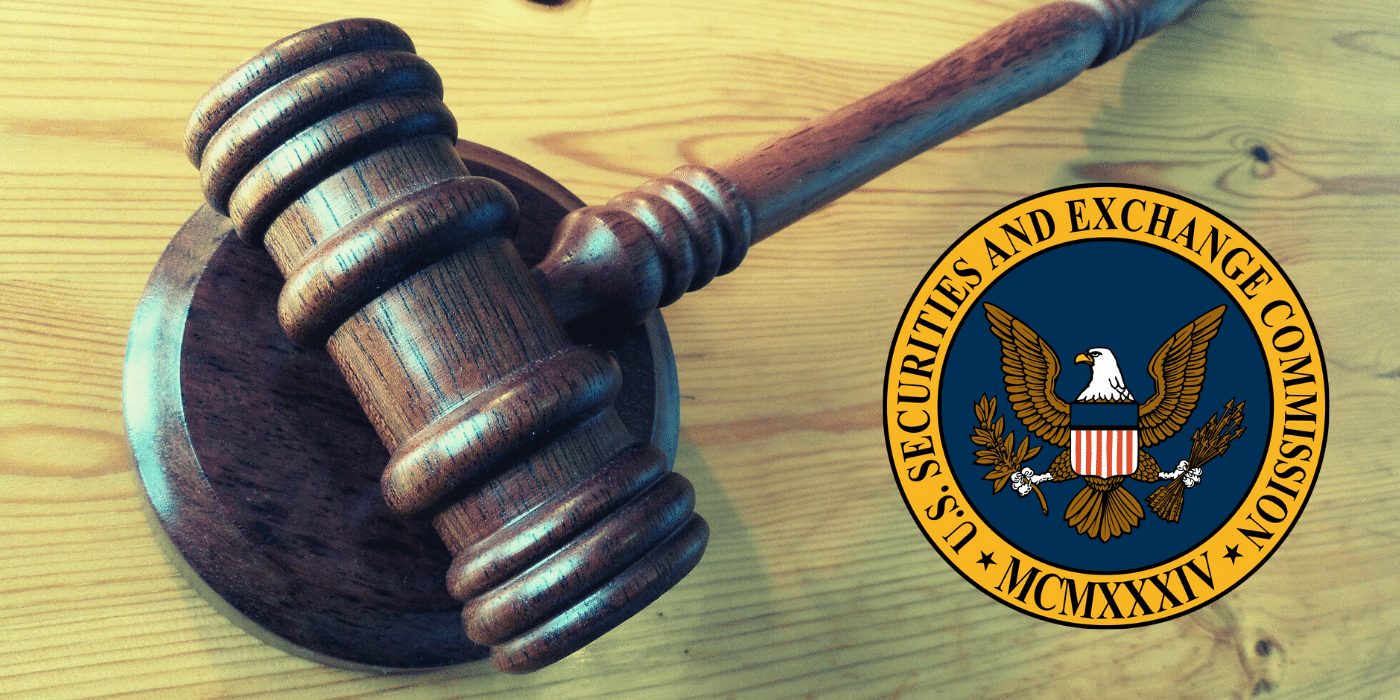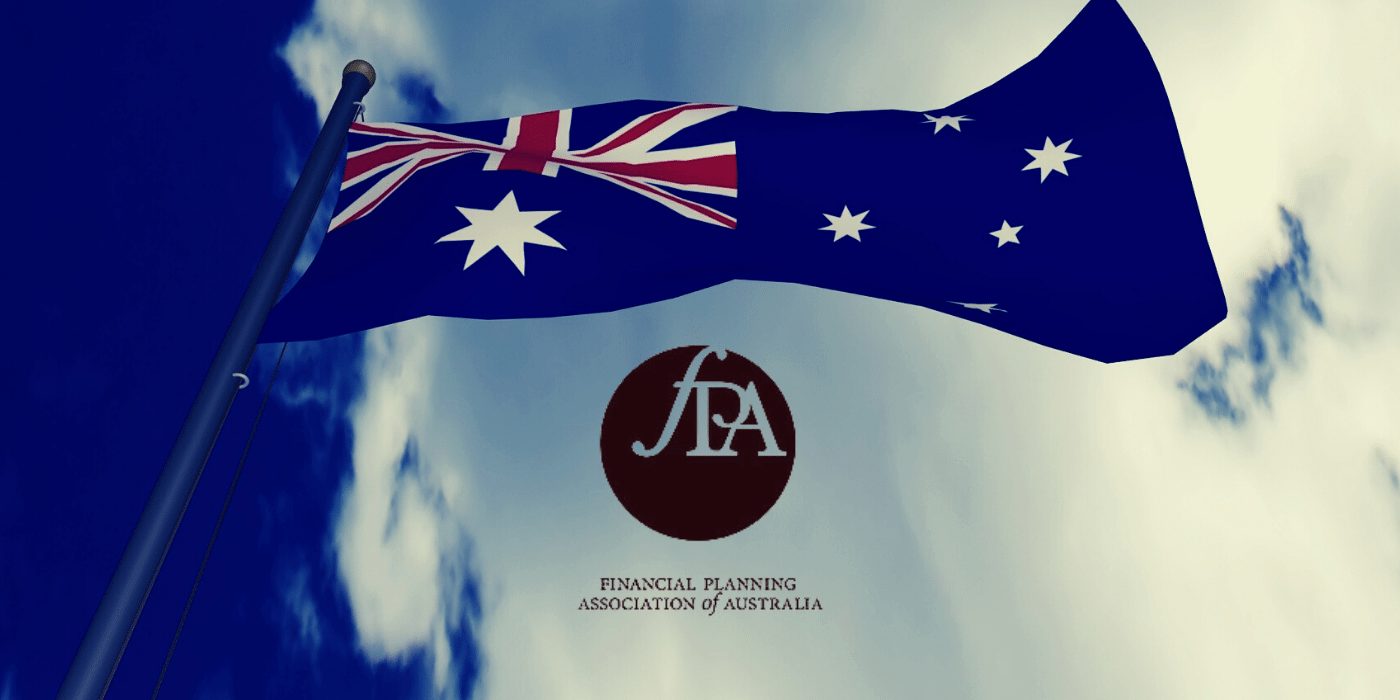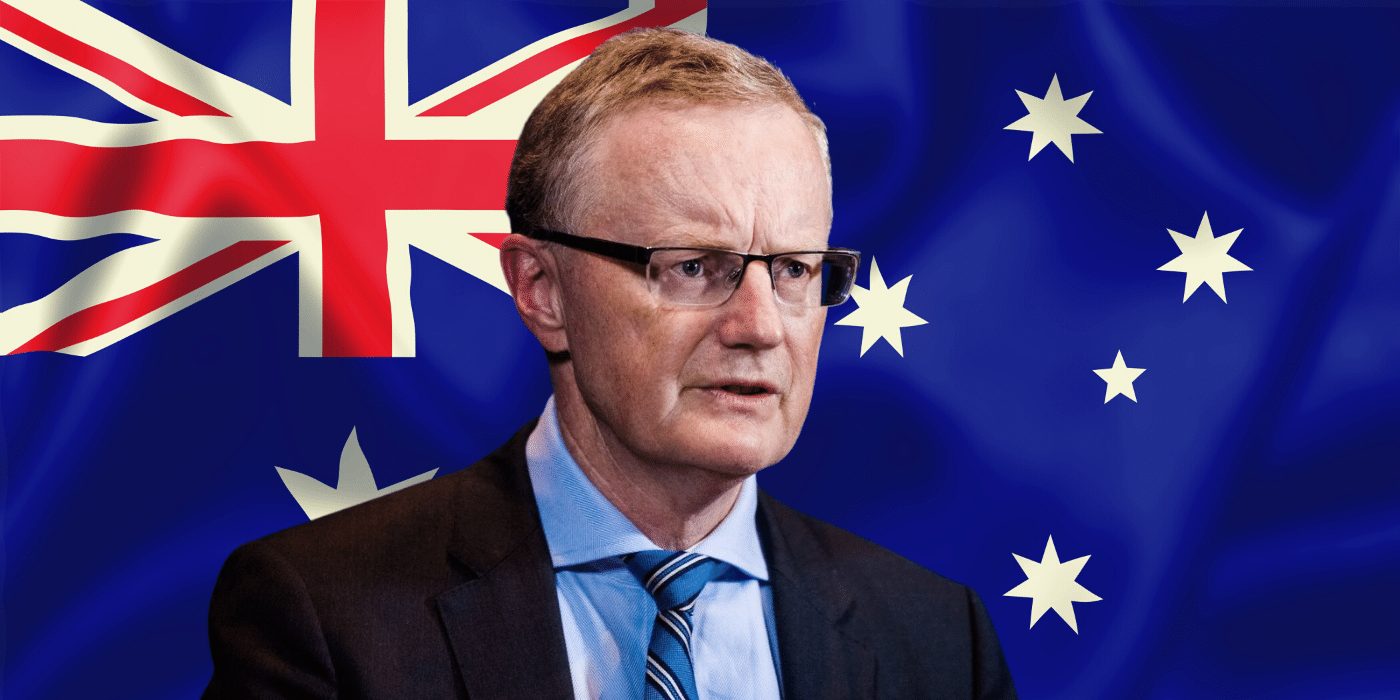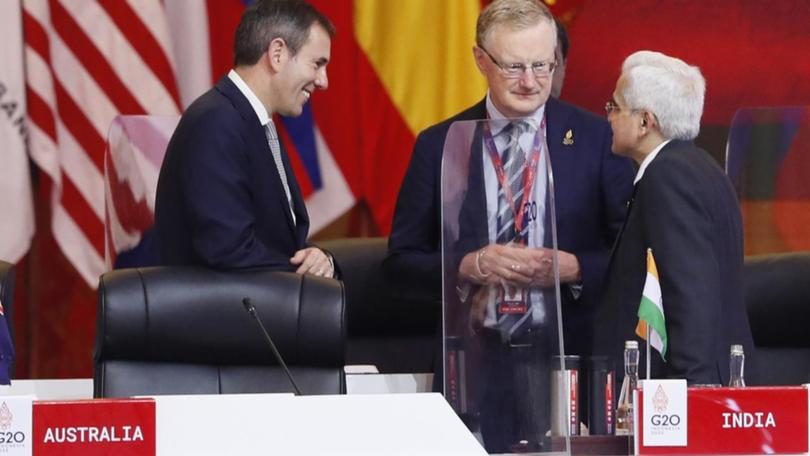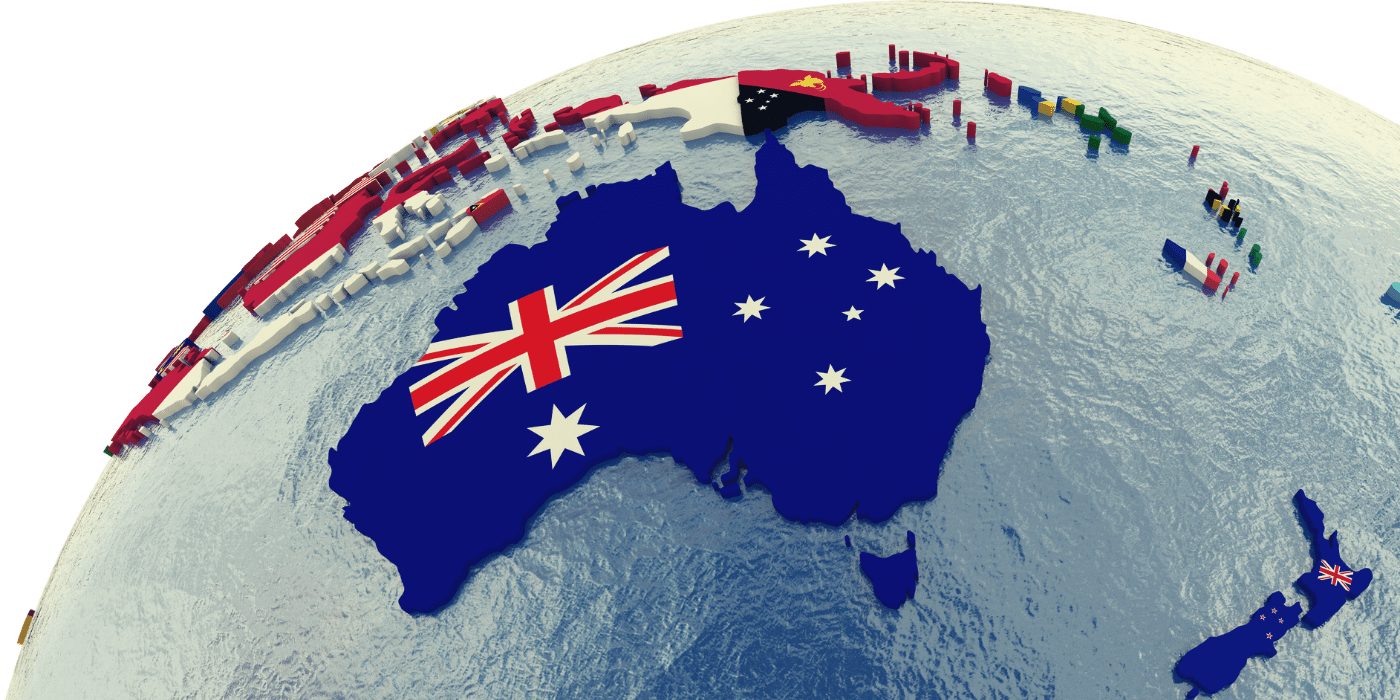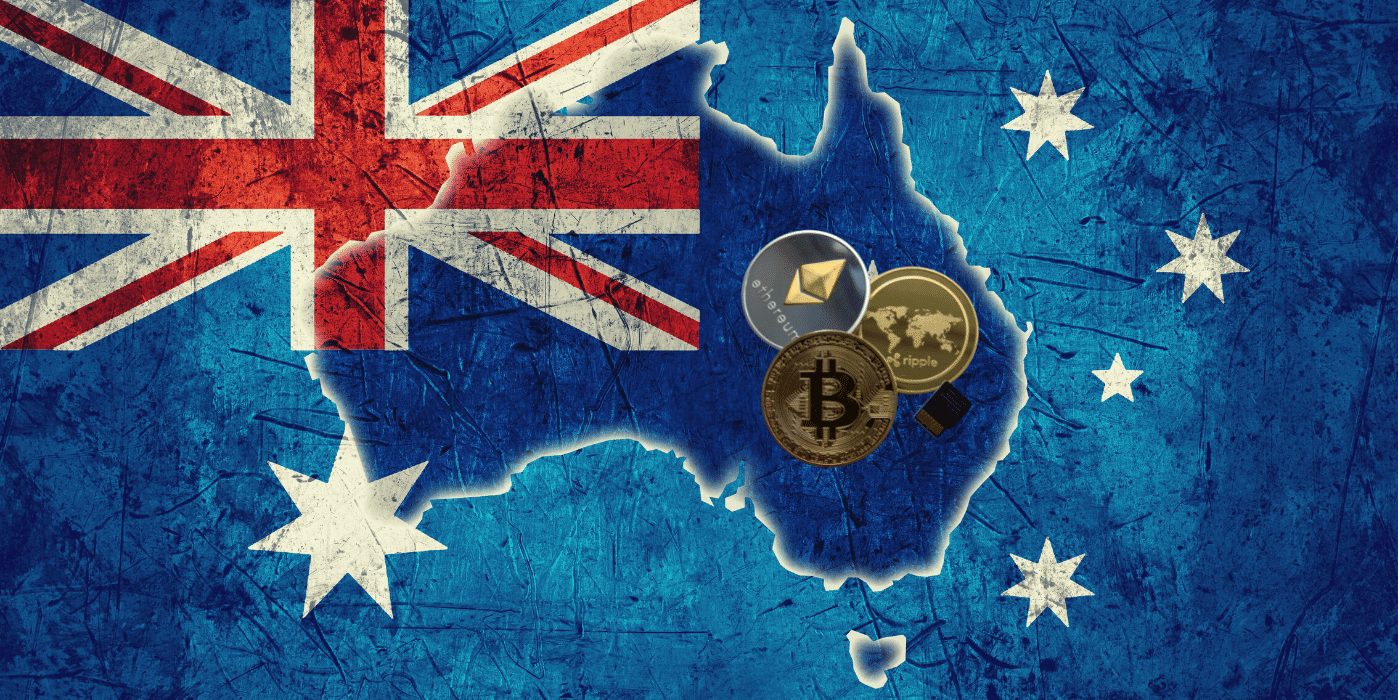Former China-based crypto exchange Huobi Global is free to offer its services Down Under after successfully registering as a digital currency exchange provider with the Australian Transaction Reports and Analysis Centre (AUSTRAC):
Global Expansion Plan Moves Ahead
After also obtaining licences in New Zealand and the United Arab Emirates in June, Huobi is now eyeing a move into the US market. An American subsidiary, HBIT, was established last month and Huobi has already received a Money Services Business licence with the intention to launch full exchange services in the US down the line.
Following China’s most recent crypto crackdown in late 2021, Huobi was forced to relocate to Gibraltar. The company has since opened offices in Japan and South Korea, though it has struggled to obtain a foothold in Thailand, having to shut down after failing to comply with Thai Securities and Exchange Commission regulations.
Last month, Huobi was given permission to operate in Dubai. The Hong Kong Securities and Futures Commission also granted the exchange a trading licence two weeks ago.
Huobi Starts With OTC Services in Australia
In Australia, Huobi will initially offer fiat to cryptocurrency trading. Lily Zhang, the company’s chief financial officer, stated that the local office would concentrate on OTC services:
We have always made security and compliance our highest priorities, as we believe that only under this principle can we grow alongside the industry to provide professional and secure services to our users.
Lily Zhang, CFO, Huobi Global
Since it was founded in 2013, Huobi has been delivering digital asset services to more than a million customers worldwide. That number is set to expand exponentially should the US open its doors.


